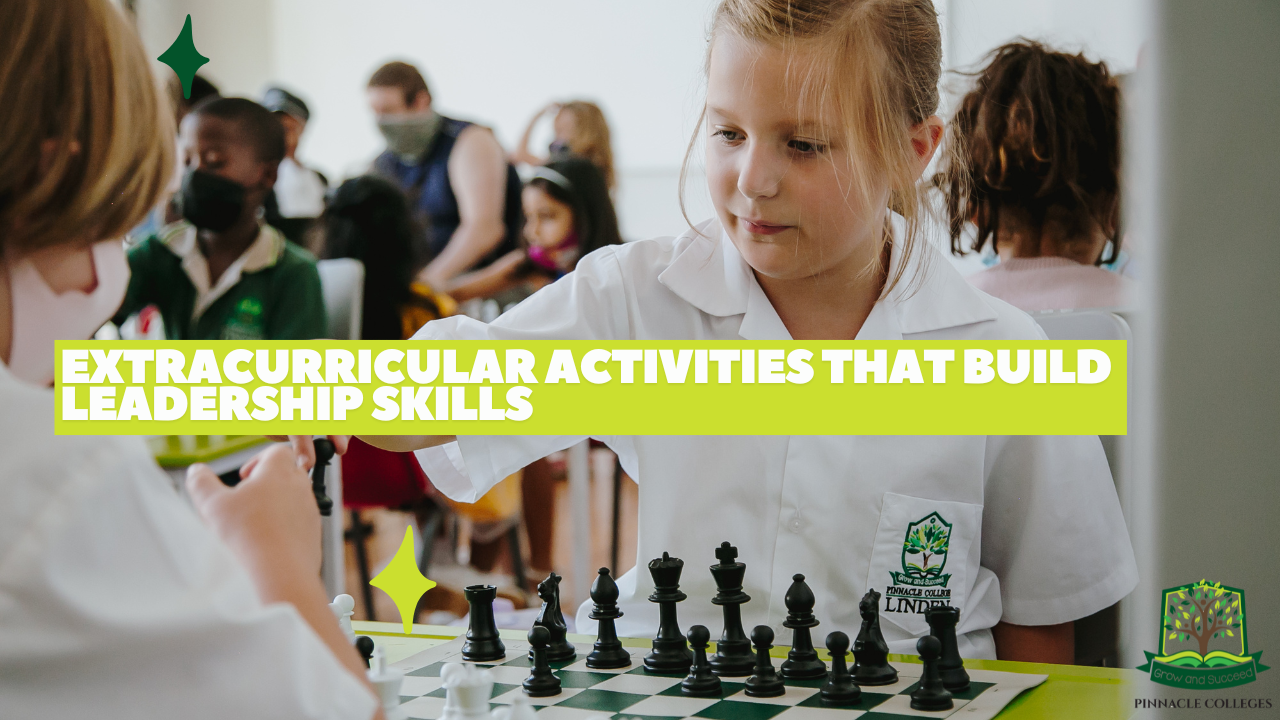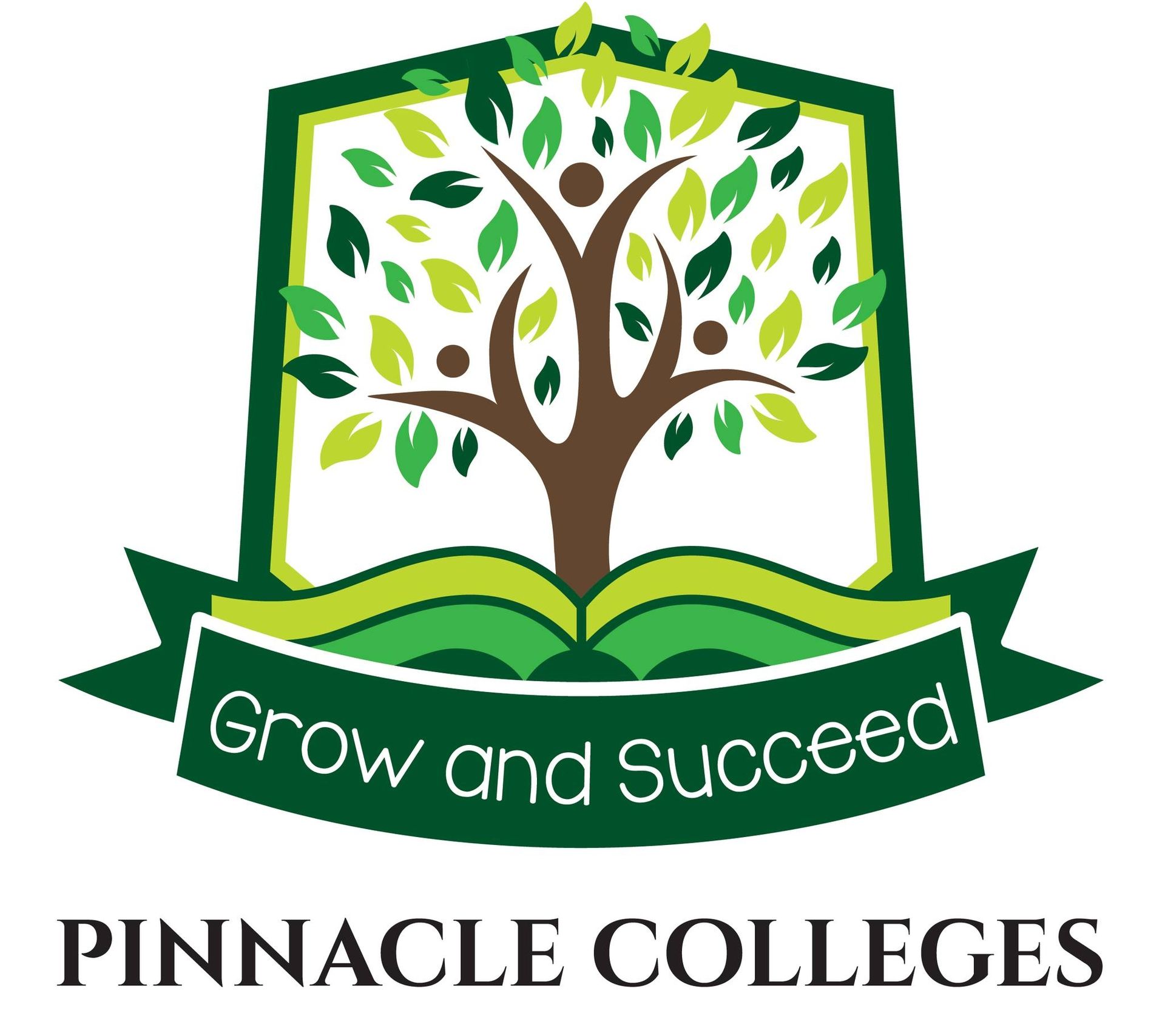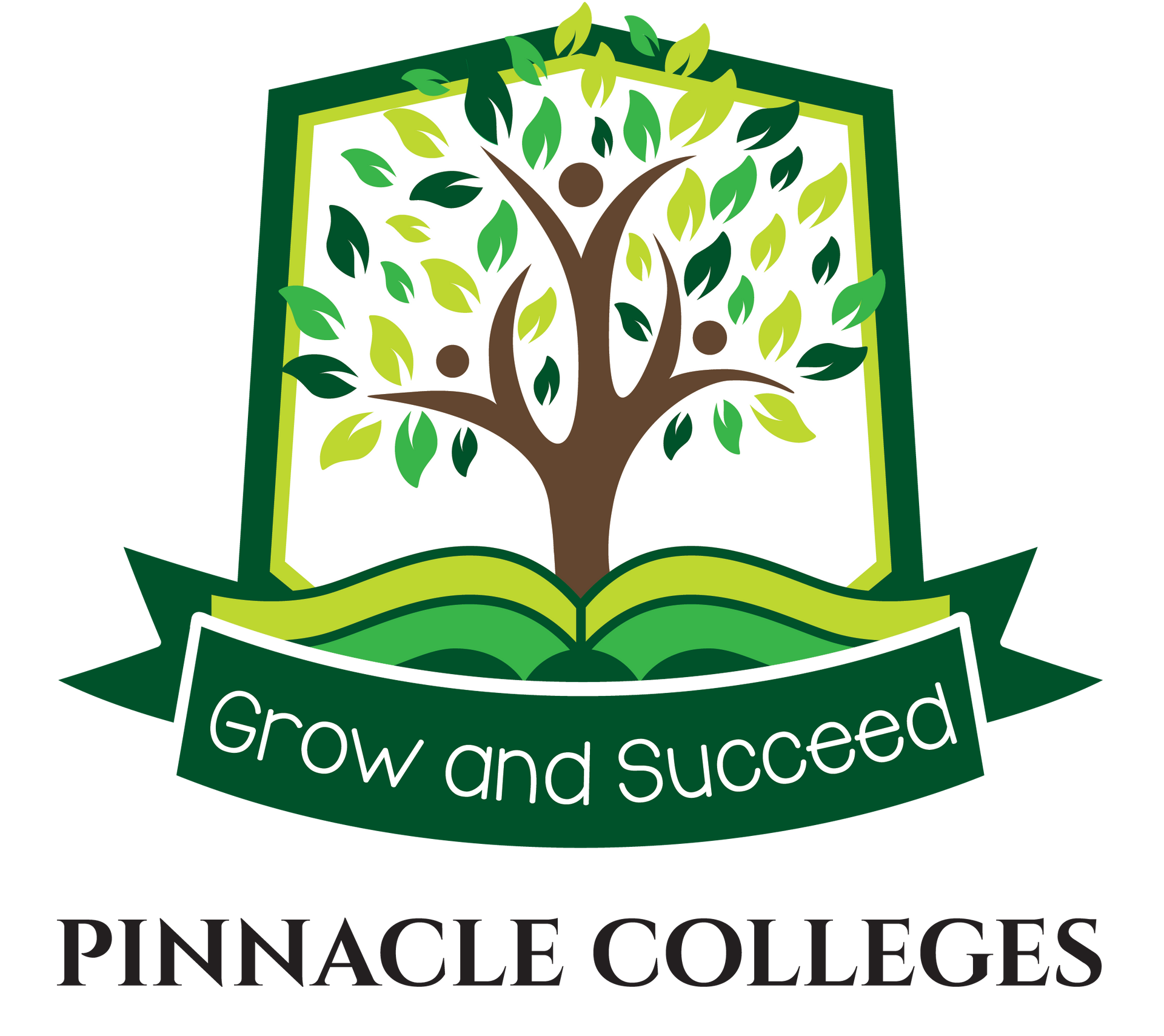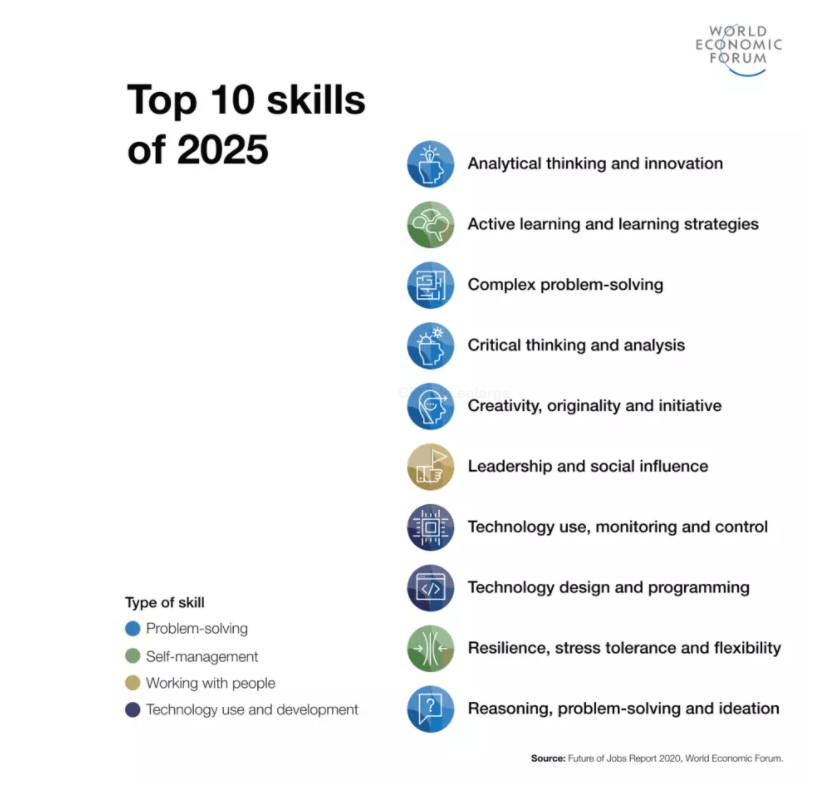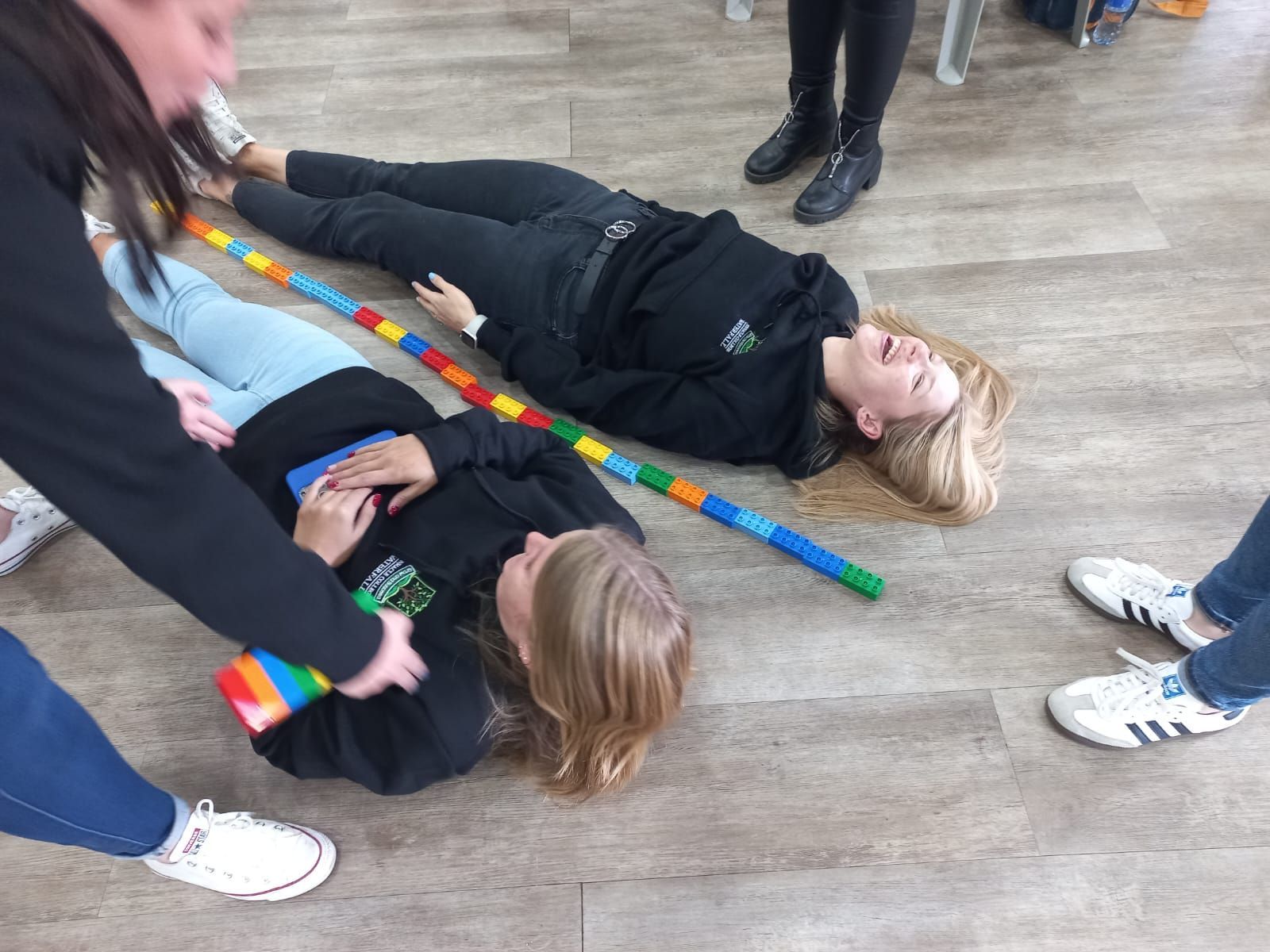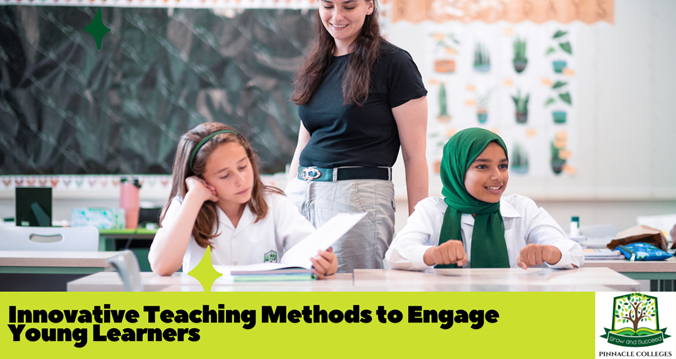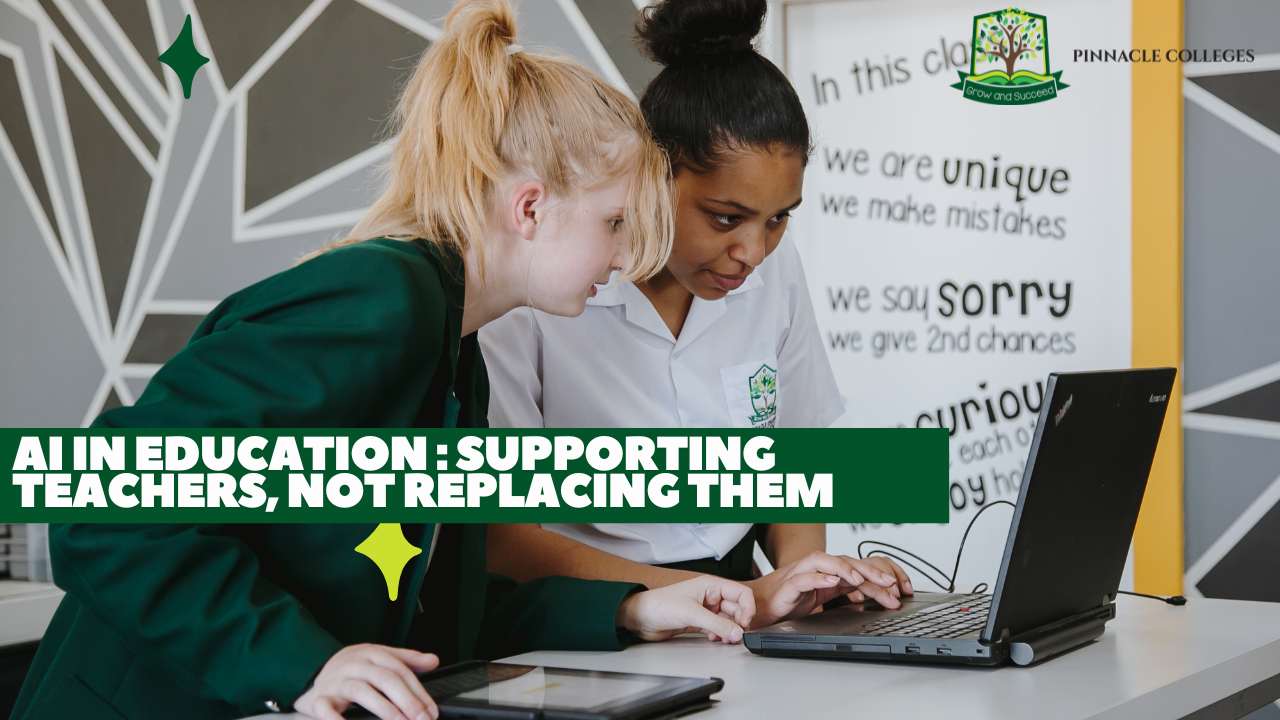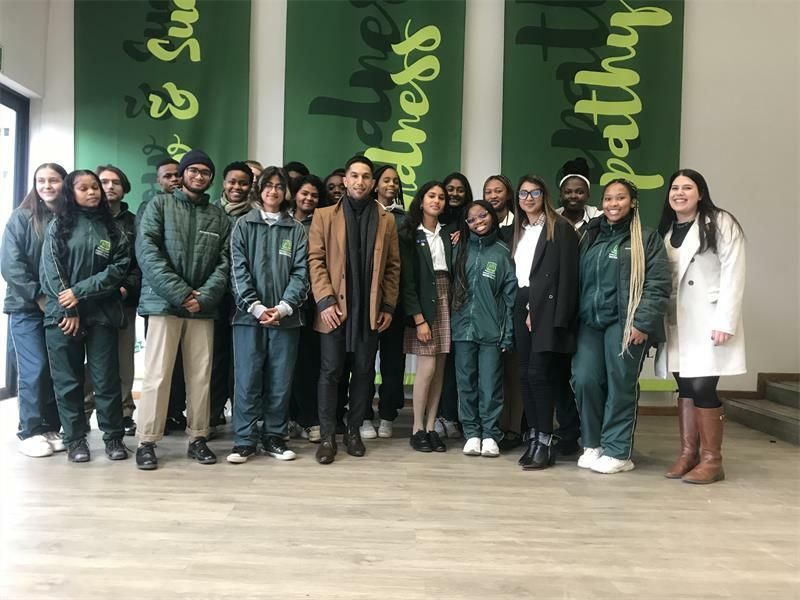2025 VISION: THE SKILLS YOU NEED TO DEVELOP NOW, FOR CAREERS OF THE FUTURE
If anyone doubted that the world of work was changing, the pandemic must surely have removed those doubts. Now is the time to ensure that schools are mindful and deliberate in developing those skills which will be in high demand and necessary for success in a reconstituted future, an education expert says.
“It is no longer sufficient to focus purely on academics, and schools need to make a concerted effort to holistically develop on an ongoing basis those skills which will provide learners with a strong foundation for the future,” says Desiree Hugo, Head of Academics at ADvTECH Schools, a division of Africa’s leading private education provider.
In its most recent Future of Jobs report, the survey of which was conducted in 2020 taking into account the impact of COVID on global workplaces, The World Economic Forum listed the Top 10 skills of the year 2025 as follows (see infographic below):
· Analytical thinking and innovation
· Active learning and learning strategies
· Complex problem-solving
· Critical thinking and analysis
· Creativity, originality and initiative
· Leadership and social influence
· Technology use, monitoring and control
· Technology design and programming
· Resilience, stress tolerance and flexibility
· Reasoning, problem-solving and ideation
“As the world and companies move increasingly towards automation of a myriad of functions, traditional career paths continue falling by the wayside, which requires of educators to ensure their students are able to navigate that which lies ahead, rather than that which currently exists. This necessitates the development of skills which allow young people to navigate their environment intelligently, regardless of what that environment might look like.”
Data from the WEF Future of Jobs Survey shows that companies are expecting to re-structure their workforce in response to new technologies and, in particular, the companies surveyed indicated that they were also looking to transform the composition of their value chain (55%), introduce further automation, reduce the current workforce (43%) or expand their workforce as a result of deeper technological integration (34%), and expand their use of contractors.
“Clearly, our already hugely competitive jobs marketplace is set to become even more so in future, with more people competing for fewer opportunities. It is therefore of crucial importance that we assist the students in our care to become as competitive as possible, by providing them with the skills which will set them apart in future. While technical knowledge will remain important, to be competitive, it is non-negotiable for young people to develop their ability to think and problem-solve, rather merely requiring them to relay information they have been taught,” says Hugo.
She says that ADvTECH Schools have, since 2015, sought to actively include these universal skills as an integral part of all curricula, regardless of subject.
“These skills should not be taught by way of a separate, independent curriculum, but rather incorporated within all general learning, as well as across all subject-specific learning,” Hugo says.
“In order to develop these skills, students need frameworks, examples, models, clear expectations, developmental targets and both multiple and regular opportunities to put them to practise. Teachers should provide students with regular and specific feedback on the development of these skills through their learning engagements, and formative and summative assessments should take place within the different classes. Developing these skills is a powerful tool for further exploring specific content, and over time students will be able to reflect on and identify themselves and their competence when using these learning strategies and skills.”
Hugo says that in addition to developing the WEF 2025 Skills, high schools and higher education institutions should also ensure they provide sufficient opportunity to develop those technical and future-facing skills that will be in high demand in the workplace in coming years, instead of merely the historically available basket of academic subjects.
“So for instance, the WEF survey projected that more and more companies are likely to adopt a number of technologies in coming years, including cloud computing, big data and e-commerce solutions, and so forth, which represent a continuation of the trends of recent years.
“However, it is noted that there is now also a significant rise in interest in encryption, reflecting the new vulnerabilities of our digital age, and a significant increase in the number of firms expecting to adopt non-humanoid robots and artificial intelligence, with both technologies slowly becoming a mainstay of work across industries, according to the survey.”
So future career paths to look out for include: Artificial intelligence, Big data, the Internet of Things, non-humanoid Robotics and encryption. These new technologies are set to drive future growth across industries, as well as to increase the demand for new job roles and skill sets.
“Very importantly, we also prepare our students to design the jobs of the future and not just work in the new jobs created. Therefore the additional focus in our Ed Tech strategy is to develop design thinkers who are enabled to navigate various digital platforms and create new applications and technologies,” says Hugo.
“Changing trends will undoubtedly impact on the workplace of the future, and the jobs we take for granted today may be displaced in future. The ability of someone to navigate the workforce of the future will depend not just only on their occupation - which should not be considered in relation to what is, but in relation to what is expected to come – but also on their broader skillset which will enable them to perform those functions which robots still, for now, can’t.”
